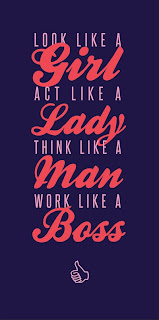What is Special Collections?
Special Collections, or Spec Coll., refers to a group of resources within a library which are ‘special.’ Special Collections frequently include Rare Books, archives, and manuscripts. They can be valuable, but most frequently are rare/unique and fragile. The purpose of special collections is to care for such materials while still keeping them accessible to researchers. Special Collections have slowly developed in Academic Libraries over the last hundred years but have only been viewed as significant research resources worthy of significant development within Universities for the last fifty years or so. ALA has a full list of competencies for Special Collections librarians which can be found here . Special Collections in general and archives in particular face a variety of issues. The first is how to describe their usefulness. They are important research centers. Special Collections may serve as repositories for manuscript and professional collections on a variety of personal and pub...



